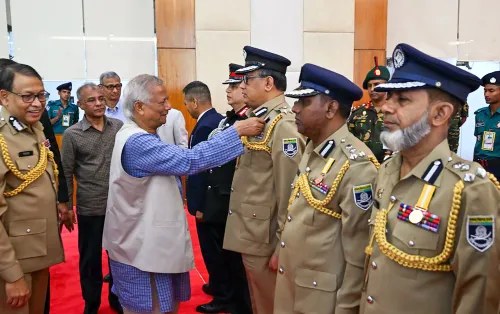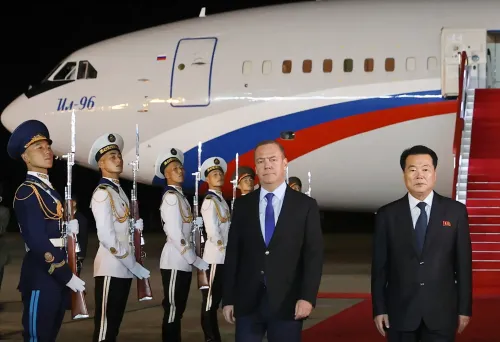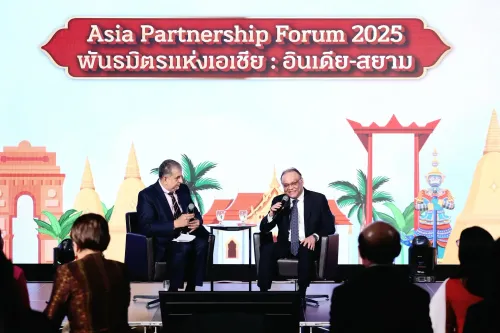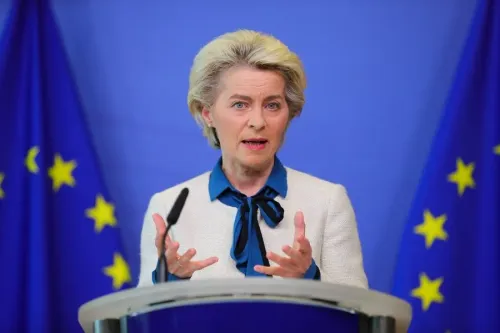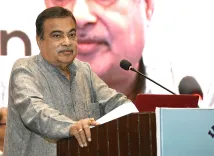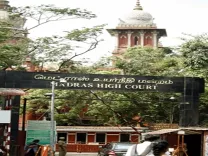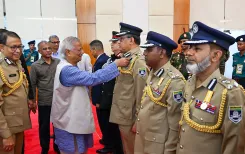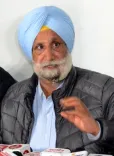How Significant is the Recent Peace Agreement Between DR Congo and Rwanda?
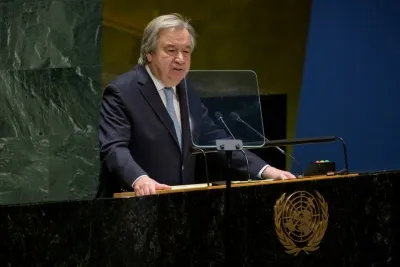
Synopsis
Key Takeaways
- Peace agreement signed between DRC and Rwanda.
- Emphasis on honoring commitments for lasting peace.
- UN and African Union to support implementation.
- Joint security coordination mechanism established.
- Focus on refugee returns and humanitarian access.
United Nations, June 28 (NationPress) UN Secretary-General Antonio Guterres has expressed his approval of the newly signed peace agreement between the Democratic Republic of the Congo (DRC) and Rwanda.
Guterres stated, “This agreement represents a crucial advancement towards reducing tensions, fostering peace, and ensuring stability in the eastern Democratic Republic of the Congo and the Greater Lakes region.” He emphasized the importance of the parties fully adhering to their commitments outlined in the peace deal and in accordance with Security Council Resolution 2773 (2025), which includes ceasing hostilities and implementing other agreed measures.
The UN leader confirmed that the United Nations remains dedicated to facilitating the agreement's implementation in collaboration with the African Union and other regional and global partners, as reported by Xinhua.
On June 27, the DRC and Rwanda formalized a comprehensive peace agreement in Washington, aiming to conclude over three decades of conflict in the Greater Lakes region.
The ceremony attracted notable figures, including US Secretary of State Marco Rubio, DRC Foreign Minister Therese Wagner, and Rwandan Foreign Minister Olivier Nduhungirehe, alongside key representatives from the African Union, Qatar, and the US Congress.
This agreement delineates commitments to uphold territorial integrity, cease hostilities, disband armed forces, and conditionally incorporate non-state armed groups. Furthermore, it establishes a joint security coordination framework, aids the return of refugees and internally displaced individuals, and guarantees humanitarian access. A detailed annex outlines an operational plan for neutralizing the Democratic Forces for the Liberation of Rwanda (FDLR) and includes provisions for Rwanda to lift its defensive measures.
Rwandan Foreign Minister Nduhungirehe acknowledged Qatar's mediation as pivotal in paving the way for the agreement and emphasized regional support spearheaded by the African Union.
He noted that the deal focuses on forming a standing joint security mechanism and commencing operations against the FDLR, described as remnants of the forces responsible for the 1994 genocide against the Tutsi.
Additionally, he highlighted Rwanda's commitment to facilitating refugee returns in partnership with the United Nations High Commissioner for Refugees and enhancing economic collaboration with the DRC and international investors.
DRC Foreign Minister Wagner articulated that the agreement signifies a pivotal shift from the April Declaration of Principles towards a tangible peace strategy. She stressed a collective responsibility to uphold sovereignty, human rights, and international law, urging for an immediate translation of the deal into actionable steps. “We, the DRC, will undoubtedly and resolutely advocate for this agreement to be upheld -- not merely through words but through actions,” she asserted.
US Secretary of State Rubio commended both nations and their negotiation teams, labeling the agreement as “a significant milestone.” He acknowledged the United States' role in facilitating the dialogue and voiced support for its comprehensive execution.
The agreement took effect immediately following its signing.

